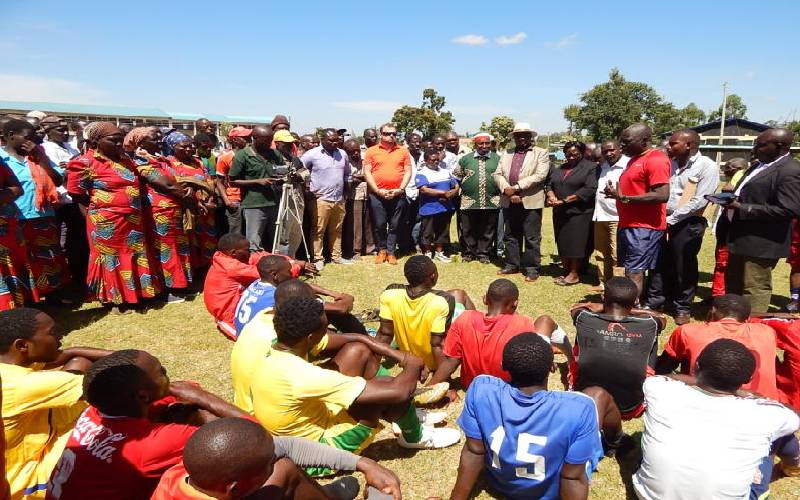×
The Standard e-Paper
Kenya’s Boldest Voice

When a convoy of sleek 4WD fuel guzzlers packed with paid, well-dressed goons (and often police escort) shows up on a market day with public address systems in Kariobangi, Kondele, Mwembe Tayari, Wangige, Githurai, Kisii, Daraja Mbili or whichever market and some guy speaks, that is NOT public participation!







